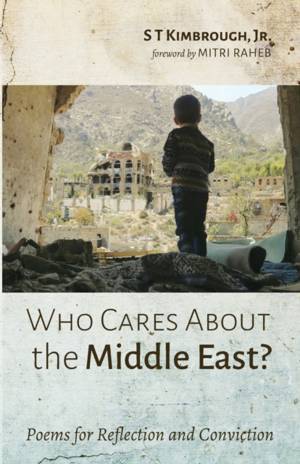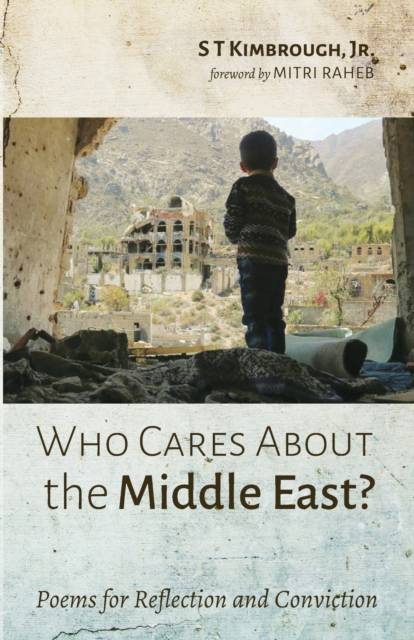
Bedankt voor het vertrouwen het afgelopen jaar! Om jou te bedanken bieden we GRATIS verzending (in België) aan op alles gedurende de hele maand januari.
- Afhalen na 1 uur in een winkel met voorraad
- In januari gratis thuislevering in België
- Ruim aanbod met 7 miljoen producten
Bedankt voor het vertrouwen het afgelopen jaar! Om jou te bedanken bieden we GRATIS verzending (in België) aan op alles gedurende de hele maand januari.
- Afhalen na 1 uur in een winkel met voorraad
- In januari gratis thuislevering in België
- Ruim aanbod met 7 miljoen producten
Zoeken
Omschrijving
The Israeli occupation of Palestinian land has lasted for decades in the twentieth and twenty-first centuries. The long-lasting nature of the occupation and its accompanying injustices and often violence, along with the expanding of Israeli settlements on Palestinian land, have made it an ongoing challenge of diplomacy and humiliation for the Palestinians. The poems in this book address some of the difficult challenges facing Palestinians, such as displaced persons, neighbor love, anti-Semitism, apartheid, and children's PTSD. While the poems make no claims of lasting solutions, they emphasize that the beginning point is the realization that all human beings deserve respect from one another and that human dignity is the principle upon which all society must be based. Some of the poems address specific instances of violence and prejudice in the lives of Israelis and Palestinians and ask how we can move beyond them. The poems are arranged in five sections addressing issues related to (1) Apartheid, (2) Children of Palestine, (3) Faith (the roles of three faiths--Jewish, Christian, Muslim), (4) Injustice in many forms, and (5) the possibilities of Peace and a one-state solution.
Specificaties
Betrokkenen
- Auteur(s):
- Uitgeverij:
Inhoud
- Aantal bladzijden:
- 96
- Taal:
- Engels
Eigenschappen
- Productcode (EAN):
- 9781666704600
- Verschijningsdatum:
- 31/08/2021
- Uitvoering:
- Paperback
- Formaat:
- Trade paperback (VS)
- Afmetingen:
- 140 mm x 216 mm
- Gewicht:
- 122 g

Alleen bij Standaard Boekhandel
+ 38 punten op je klantenkaart van Standaard Boekhandel
Beoordelingen
We publiceren alleen reviews die voldoen aan de voorwaarden voor reviews. Bekijk onze voorwaarden voor reviews.









